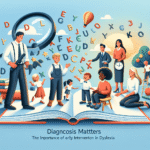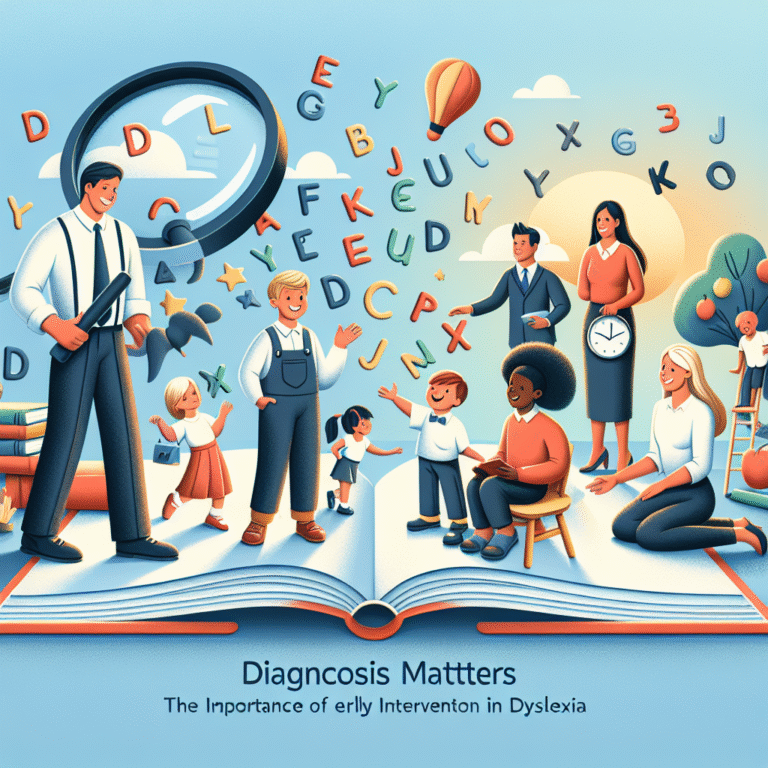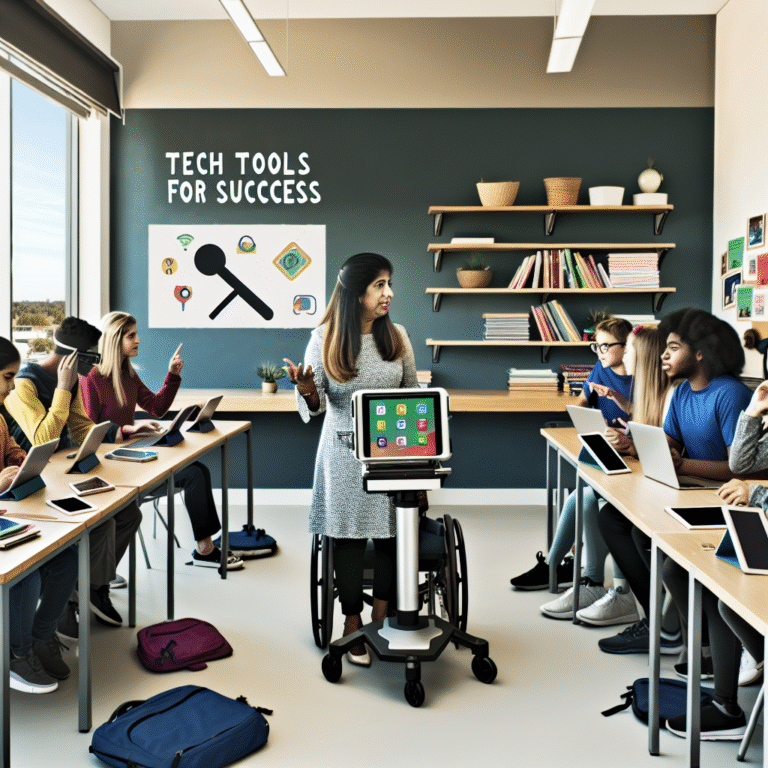
Introduction
Imagine standing in a courtroom, the tension rising as your fate rests in the hands of twelve strangers. Jury selection isn’t just a procedural formality; it’s a critical phase that can dictate the outcome of a case. Unlocking the secrets of jury selection is essential for legal professionals aiming to sway the minds of jurors effectively. In this article, we explore expert insights into the art and science of jury selection, balancing psychology with strategy to help you navigate this pivotal process.
Understanding Jury Selection: The Basics
What Is Jury Selection?
At its core, jury selection involves the process of choosing jurors who will hear a case and deliver a verdict. This process, known as "voir dire," allows attorneys to assess potential jurors’ backgrounds, biases, and predispositions. Understanding this process is the first step in unlocking the secrets of jury selection.
Why It Matters
The jury’s verdict can make or break a case. A well-selected jury can lead to favorable outcomes, while a poorly chosen one can derail even the strongest arguments. Studies show that a jury’s composition affects verdicts significantly, making the ability to select an appropriate jury an essential skill for attorneys.
Key Strategies in Jury Selection
Once you’ve grasped the basics, it’s time to delve into proven strategies that can lead you to success.
1. Know Your Case Inside Out
Your understanding of the case intricately shapes your jury selection strategy. Conduct a comprehensive analysis of all aspects of your case, from the facts and evidence to potential weaknesses. This knowledge will inform what kind of jurors might favor your arguments.
Case Study: The O.J. Simpson Trial
This landmark trial emphasized the need for prosecutorial teams to understand juror demographics and psychographics. The prosecution misjudged juror concerns about race and police conduct, which dramatically influenced the trial’s outcome.
2. Identify Ideal Juror Profiles
Before selecting jurors, outline the characteristics you believe will benefit your case. Are you aiming for jurors who are more sympathetic to your client’s position? Consider their backgrounds, professions, age, and even education level.
| Characteristic | Ideal Juror Profile |
|---|---|
| Profession | Health industry professionals |
| Age Range | 30-50 years |
| Education Level | College educated |
| Socio-economic Status | Middle class |
3. Utilize Juror Questionnaires
Many courts allow attorneys to send out questionnaires to potential jurors before voir dire. Use these tools to extract valuable demographic data and personal insights which can guide your selection process.
4. Master the Art of Voir Dire
This is where the real magic happens. Engage potential jurors with open-ended questions that invite them to share their backgrounds, beliefs, and biases. Use follow-up questions to dive deeper into their responses, shaping a more accurate picture of their predispositions.
Expert Tip: Avoid leading questions that could bias their thinking.
Psychological Insights in Jury Selection
1. Bias Awareness
Every juror possesses subconscious biases that can affect their decisions. Recognizing and addressing these biases is crucial in unlocking the secrets of jury selection.
- Implicit Bias: Jurors may have ingrained perceptions based on race, gender, or socioeconomic status.
Case Study: The George Zimmerman Trial
The trial highlighted how biases surrounding race played a significant role in juror perceptions and ultimately the verdict delivered.
2. The Power of Group Dynamics
Understanding how group dynamics work can also influence your selection strategy. Jurors often react differently when in groups than they would alone. Consider this when selecting your jury and even in how you present your case.
Incorporating Technology in Jury Selection
The digital age has ushered in tools that can enhance your jury selection process.
1. Jury Selection Software
Several programs can analyze potential jurors’ social media profiles, previous jury experiences, and other data points to provide insights about their likelihood of favoring one side or the other.
2. Data-Driven Decisions
Employ statistical analyses to project how likely certain demographics will respond to aspects of your case. Use this data to predict trends and sway outcomes.
Real-World Applications and Insights
1. The Mediation Influence
A significant majority of cases settle before reaching a jury. Understanding the makeup of potential jurors can inform mediation strategies and lead to favorable settlements.
Case Study: A Medical Malpractice Case
In one mediation, lawyers used jury simulation to shape settlement discussions, ultimately achieving a more favorable outcome by understanding jurors’ likely views on medical professionals.
Best Practices for Jury Selection
Stay Authentic: Jurors can sense disingenuousness. Be honest and transparent during the selection process.
Build Relationships: Establish rapport with potential jurors; they are more likely to empathize with you if they see you as relatable.
- Prepare for Unpredictables: Always be ready for unexpected revelations during voir dire that could shift your strategy.
Conclusion
Unlocking the secrets of jury selection is no small feat. It requires a balanced blend of research, strategy, and intuition. By understanding the dynamics at play, from psychological biases to utilizing modern technology, legal professionals can significantly enhance their chances of selecting a favorable jury.
As you move forward, remember the words of trial consultant Nathaniel Jackson: "The jury is like a blank canvas. How you paint it can determine the outcome of your case." So, take these expert tips and turn the challenges of jury selection into opportunities for success.
FAQs
1. What is the purpose of voir dire?
The purpose of voir dire is to screen potential jurors for biases and ensure that seats are filled with impartial individuals capable of delivering a fair verdict.
2. How can biases affect jury decisions?
Biases can lead jurors to favor one side over another based on personal beliefs rather than the evidence presented.
3. Can attorneys influence jury selection?
Yes, through targeted questions during voir dire and pre-selection questionnaires, attorneys can influence which jurors are ultimately chosen.
4. What tools can help with jury selection?
Jury selection software and demographic data analysis tools can provide insights and support data-driven decisions.
5. Is jury selection the same in every jurisdiction?
No, jury selection practices can vary significantly between jurisdictions based on local laws and court rules, so it’s essential to understand specifics in your area.
Unlocking the secrets of jury selection offers a pathway to not only improve your practice but also deliver justice effectively. Implement these tips and witness the transformative power of a well-assembled jury.

















